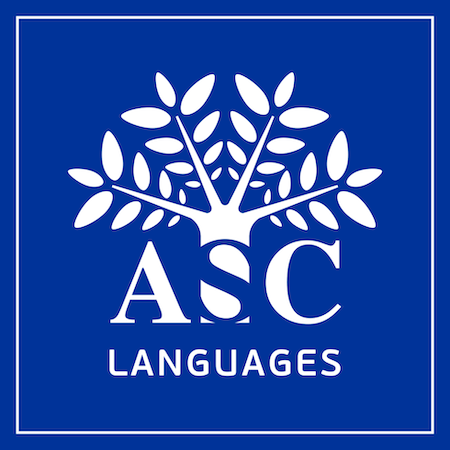Learning English – What our teachers say, Part 2
Learning English? Listen to what our English teachers have to say about it!
In this second article, we spoke to Norman, Paul and Zsuzsa about professional English, Cambridge exam preparation and using the language outside English classes.
What advice would you give people who are learning English for professional reasons?
Norman: When taking English classes for professional reasons there are several things to keep in mind to help make the most meaningful progress in the shortest amount of time possible:
Read broadly and deeply. When learning English, it’s important to place yourself in the way of as many different kinds of relevant phrases and words as possible. You can start by reading something brief that relates to your profession, and then gradually expand, reading longer, more complicated and nuanced pieces. The key thing when learning English, as with any worthy endeavour is consistency. Read every day, no ifs or buts.
Listen to TedTalks of individuals from your profession. These can be found on YouTube, and will not only aid you in learning English, but may also provide you with new, meaningful insights into your own profession. But, please, don’t stop there at listening. Engage your creative faculties and summarise to yourself, in English, what you have listened to and what your thoughts are about it. Do this every day.
And last but certainly not least. Think in English: Make it a habit to think in English every day, either for several minutes per day or the whole day. When you do this, you are creating an opportunity for the brain to do one of the things it does best: create connections. You may not always have someone at hand who you can speak with, but you can always think to yourself in English, much the same way one does in one’s native, non-English language. We already do it all the time. Now, do it in English. When taking English classes, this could be the greatest investment of your time.
What advice would you give students who are preparing a Cambridge exam?
Paul: If you’re looking to succeed in your Cambridge exams, I recommend enrolling in English classes. The curriculum covers the four fundamental skills: writing, English usage, reading and speaking. Becoming familiar with the exam format is essential. It helps candidates feel confident about what they are expected to do during each section. It is essential to familiarize yourself with the exam format. This allows candidates to know what is expected of them in each section.
The English classes offered by ASC Languages are particularly beneficial. They provide a chance to practise speaking English in a way that’s tailored to the examination requirements. You are continually assessed during the course, so students have a realistic idea of their strengths and what areas need to be improved. Being part of a class also gives the chance to speak English with fellow students. This is a huge help when it comes to exam day as candidates are well practised in exchanging ideas and opinions— a key requirement in Cambridge exams. Over the duration of a course, students become more at ease with using the language and can express themselves on a wide variety of topics.
The final piece of advice I’d give is to do past papers in order to practise meeting the time requirements needed to accomplish each task. It’s not uncommon for candidates to have the sufficient level of English only to fail the exam due to not respecting the time deadline. By doing past papers, you become aware of which part you may need to spend more or less time on. Having a Cambridge exam certificate is a real plus. It’s an internationally recognised qualification, so it can improve your chances of employment and looks good on your CV. The main advantage, though, is the confidence it gives you when speaking English in authentic situations.
How can students who are learning English find opportunities to practise?
Zsuzsa: I would certainly encourage all students who are learning English to look for opportunities to speak not only in English classes but also in their daily lives in Geneva. First of all, why not join the monthly English Lunch Club at ASC Languages? Also, there are many other tandem events and language exchange clubs, such as Mondo Lingo or the CAGI network. You should definitely take advantage of Geneva’s cultural diversity and the many nationalities present to practise speaking English! Even ordering in English in an English or Irish pub, such as the Mr Pickwick Pub or Charly O’Neills in Geneva can contribute to learning and improving your English. Why not make that first step towards your English-speaking neighbour or colleague? These are all perfect opportunities to practise and learn English! If you also have the opportunity to enrol in English classes, it’s of course even better!
Online platforms like language learning apps, forums and various English learning websites are also very helpful. Watching movies, TV shows or YouTube videos in English with subtitles can improve listening skills and you will also learn natural expressions. If you’re trying this for the first time, you might want to leave the subtitles in your own language, but if you’re ready for the challenge, try putting them in English! It won’t feel like being in English class as the learning process will be natural and fun! Reading simplified stories (at the A2-B1-B2 levels) or books (B2-C1), articles or even social media posts in English is another good method. How about buying the next issue of your favourite football or fashion magazine in English? You’ll be learning English without even noticing it! Finally, speaking with classmates or friends who are also learning English gives students the chance to support each other. The key is to practise regularly and not be afraid of making mistakes.
Explore
Support
Language courses
Company policy
Data protection law


